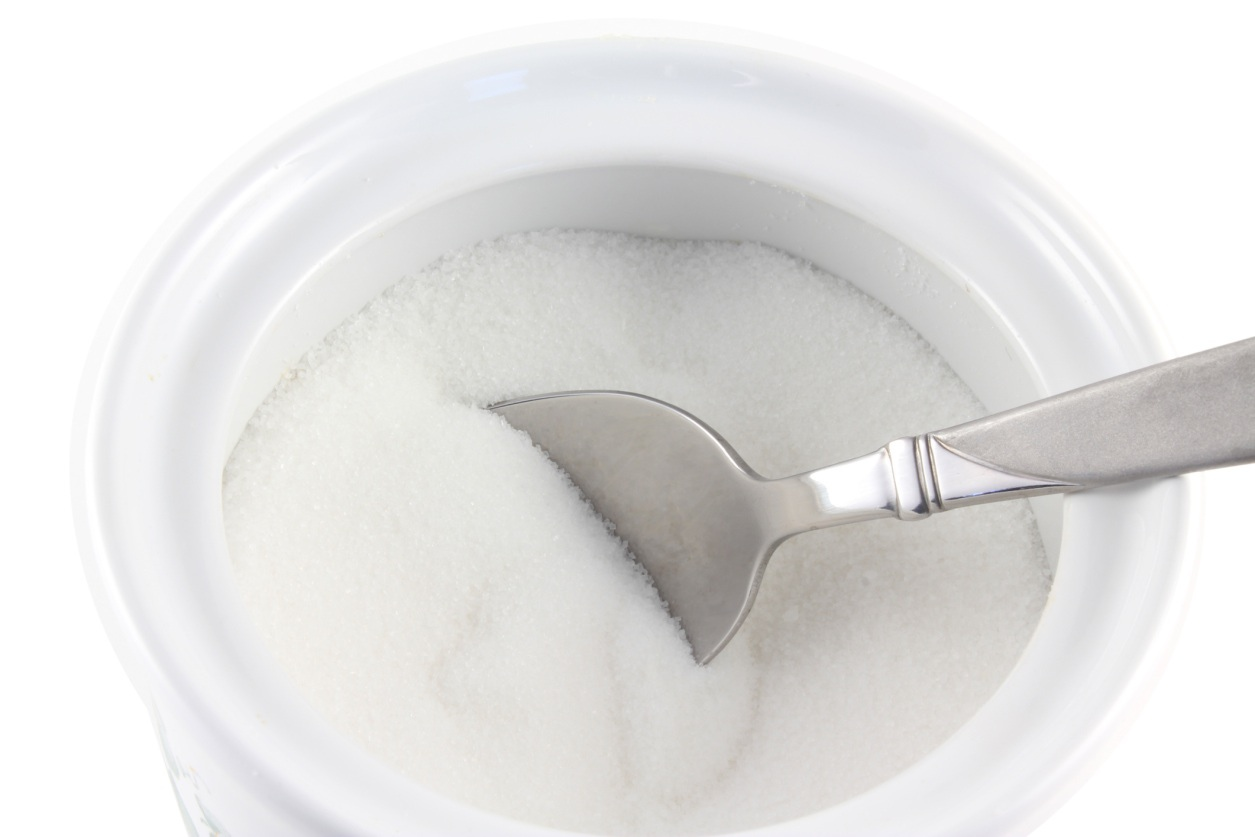Advertisement
When most Americans hear “Nigeria,” what usually comes first to mind is “email bank scam.”
But in an article published last week by This Day Live, Abdullahi Yunusa weighed in with some very interesting observations about the global sugar market and Nigeria’s national and economic interests.
Indeed, Yunusa warned that “The sugar industry is too important a sector to be neglected.”
But not just for Nigeria. As Yunusa points out, “sugar is regarded as a strategic product” by countries all over the world…
“The raison d’etre for investment in sugar production stems from its potential to generate employment in the hundreds of thousands, save foreign exchange, enhance rural industrialization, create wealth and alleviate poverty. It is equally important to stress that the use of sugar is widespread and covers both domestic and industrial applications, such in the pharmaceuticals, confectionery, soft drinks, breweries, dairies, bakeries etc.”
This, in addition to sugar’s use in some energy production.
Noting how critical sugar is to “national food security,” Yunusa outlined “stringent fiscal measures” that other countries have put in place to protect their domestic industries, including some minor tariffs and import quotas that make up the U.S. sugar program.
“India,” Yunusa writes, “doesn’t allow the export of a grain of sugar until after Diwalli Festival, even in surplus years; this is to ensure food security and prevent social upheaval.” The government also “fixes prices at which sugarcane and sugar is sold in the domestic market.”
For its part, Brazil also “strictly regulates” its sugar industry and is eyeing a new export tax on ethanol “to boost local supplies and stabilize prices.”
And “Sugar-producing countries like Pakistan and Indonesia have also put into place stringent measures that will protect their economies.”
With the rest of the world setting such a bad example, is it any wonder that Nigeria – which imports some 95 percent of its sugar – is not only eyeing expansion of its own sugar industry, but expanding the government’s meddling in that industry, as well?
Indeed, to protect local sugar farmers the Nigerian government recently “opted to increase the tariff on imported sugar as a way of discouraging imports.” New rates “between 50%-80%” were approved.
Recognizing that there’s no “free market” in global sugar, Nigeria has apparently decided that if you can’t beat them, join them. And such government interference in the sugar market – for new and old players alike – will continue until all parties somehow come together and agree to disarm unilaterally.
Advertisement
Subscribe Free By Email

Looking for the best in breaking news and conservative views? Let Chuck do all the work for you! Subscribe to his FREE "Muth's Truths" e-newsletter.



